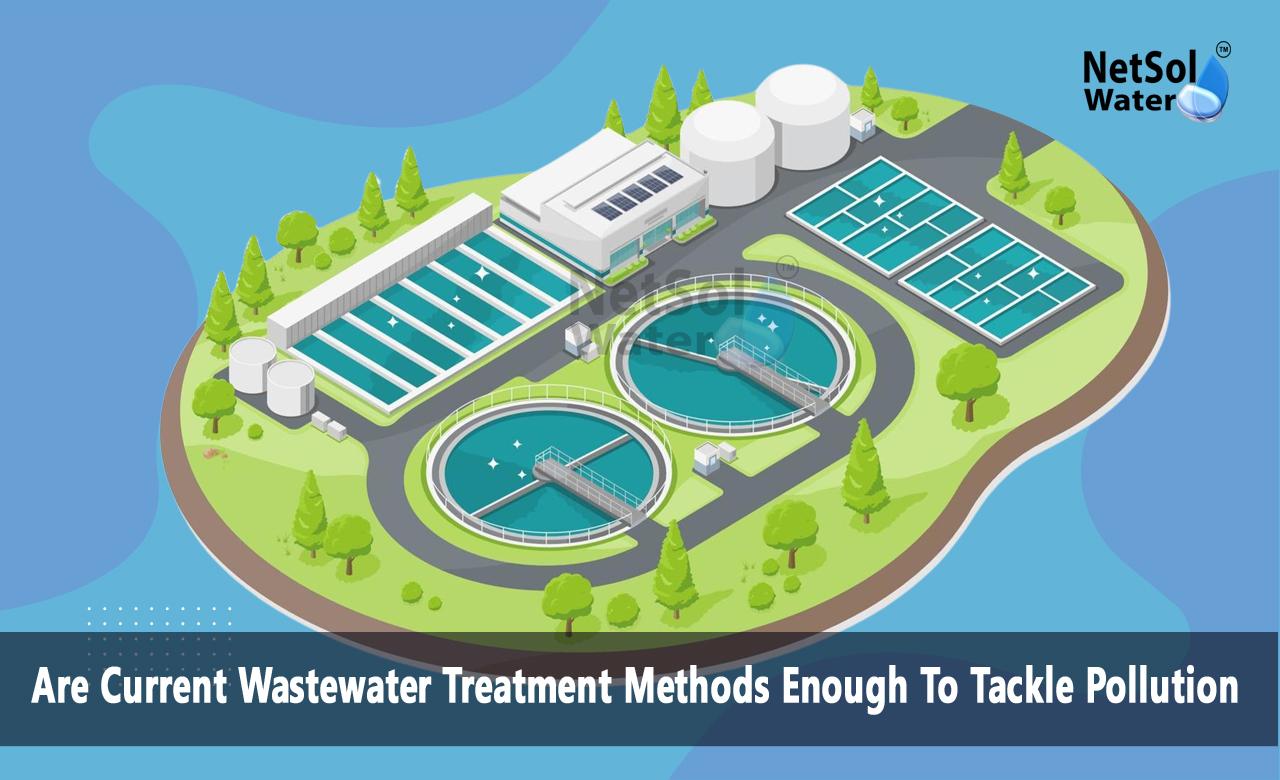Are Current Wastewater Treatment Methods Enough To Tackle Pollution?
Wastewater treatment plays an important role in protecting our water and environment. Wastewater treatment plants work to remove harmful substances that enter our lakes and rivers from industrial and household waste. These systems help keep water clean and safe for all who use it. Today many treatment systems use physical and chemical processes to capture large particles and some dissolved wastes. However many of these methods do not remove every pollutant that threatens our water sources. Wastewater treatment faces challenges when it comes to very small particles and certain chemical wastes. Pollution from growing cities and industries makes it harder to protect our water. This situation calls for better systems that can remove more contaminants. New ideas and improved techniques offer hope in the fight against pollution. The advanced reverse osmosis process shows promise in removing particles that older methods cannot catch.
Overview of Current Wastewater Treatment Methods
Wastewater treatment methods today use a mix of techniques to clean water. The processes remove many types of waste from water that would otherwise harm nature and human health. Let us have a look at some details of the existing treatment systems.
Primary Treatment
Primary treatment uses simple methods to remove large particles from the water. The process uses gravity to help settle out coarse debris. This step stops large solids from entering later treatment stages.
Secondary Treatment
Secondary treatment uses biological methods to break down dissolved organic matter. Microbes work in this step to consume waste and lower pollution levels. The process turns harmful organic matter into simpler compounds. It helps to reduce the burden on further treatment and protects aquatic life.
Tertiary Treatment
Tertiary treatment adds another level of purification. This stage uses filtration and sometimes chemical processes to remove any remaining impurities. The aim is to produce water that is safe for discharge into natural water bodies. This step shows how well traditional methods can work when they are built upon one another.
Limitations of Current Wastewater Treatment Methods
Wastewater treatment systems show limits when they face very small particles and complex chemicals. The systems often capture large debris and most organic waste but miss pollutants that require more precise methods to remove. Let us have a look at some examples of these limitations.
Inadequate Removal of Fine Pollutants
Many treatment systems leave behind very small particles and dissolved substances. These fine pollutants travel through the treatment process and enter rivers and lakes. Their presence can harm aquatic plants and animals and affect the quality of water for human use. The challenge of capturing these tiny impurities calls for improved treatment steps.
Struggle with Chemical Waste
Chemical wastes present a challenge for current treatment systems. Some chemicals do not break down easily with traditional methods. Their slow breakdown creates risks for both nature and human health. The failure to remove these compounds calls for more advanced techniques that can filter or break down these stubborn chemicals.
Advances in Wastewater Treatment Technology
New technology offers ways to overcome the limits of older treatment methods. Many experts work to build systems that capture fine particles and harmful chemicals more effectively. Let us have a look at some details of the latest advances in water treatment.
Reverse Osmosis and Membrane Technology
Reverse osmosis uses a semi permeable membrane to remove impurities from water. The method stops tiny particles and dissolved chemicals from passing through. It shows great promise for achieving cleaner water than what older methods can produce. Membrane technology in reverse osmosis is simple in its design and effective in its purpose. The process works hard to provide water that is free from many types of contaminants.
Conclusion
The review of current wastewater treatment methods shows that while these systems remove many pollutants they still miss some small and stubborn wastes. The processes work well for large particles but struggle with tiny impurities and complex chemicals. New methods, such as reverse osmosis, can improve how we treat wastewater. Netsol Water leads this change with its efficient systems. If you search for an experienced RO plant manufacturer you have come to the right place. Netsol Water offers treatment plants that help produce cleaner water in an active and efficient way.
Let the work of an RO plant manufacturer guide you to better wastewater treatment solutions.
Contact Netsol Water at:
Phone: +91-9650608473, Email: enquiry@netsolwater.com



